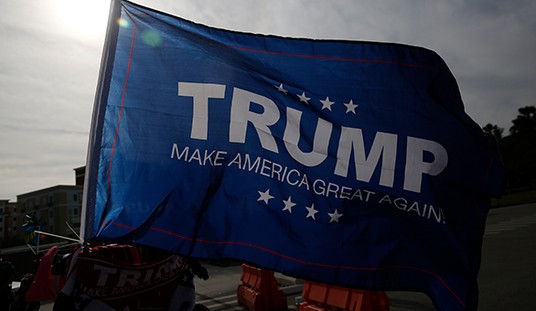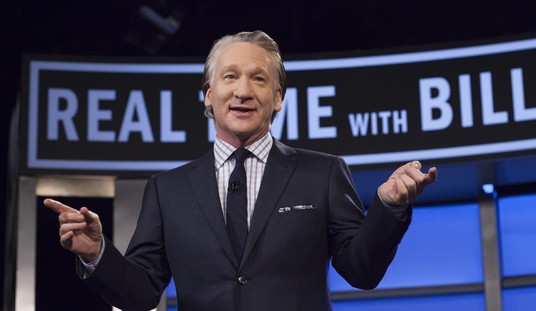If asked to put money on which political party was behind the recent “most favored nation” executive order on drug pricing, most Americans would probably bet on Democrats. After all, it is usually the Democrats who design and advocate for bureaucratic meddling in healthcare. But these partisan lines have blurred considerably as the Trump administration embraces price fixing schemes that would make even the most fervent Democratic socialist blush. President Trump must convince voters he stands for choice, competition, and innovation in healthcare instead of failed big government “solutions.”
To put it kindly, President Trump’s healthcare policy has certainly evolved since his enthusiastic embrace of markets in medicine when first running for president. Then-candidate Trump promised to remove onerous regulations (i.e. restrictions on buying across state lines) that hamper markets and reduce choices for patients. But in the name of achieving affordability, President Trump has drastically reversed course and is now willing to embrace new, expansive government regulations.
Affordability in healthcare is always a noble goal, but government mandated price controls are far from the right way to achieve that outcome. In an effort to make the United States the “most favored nation” for drug pricing, Americans would theoretically pay lower prices for certain drugs than other countries. But our leaders are unintentionally stumbling into a scenario that will have the opposite effect. If upheld, this executive order will tie domestic drug prices to the average price paid by consumers in a group of “similar” nations abroad—all who have either wholly or partially socialized healthcare systems—and then direct Medicare to ensure beneficiaries get an even better deal in the United States.
These new pricing policies would only succeed in replicating failed healthcare systems (see the U.K.’s hospital waiting list fiasco), which routinely rely on American innovation to survive.
On their own, price controls institute arbitrary restrictions that disrupt the market and hinder companies’ ability to recoup investment costs. In healthcare, this is magnified even further, given the outsized benefits of modern medicine and just how expensive and time-consuming it is to bring a successful drug to market. Currently, it costs innovators more than $2 billion and more than 10 years to bring a medication to consumers. With a new pricing mandate, producers may well decide that it’s not worth the costs and shutter production entirely. This happened in Europe, which saw an exodus of healthcare innovation following the rise of price-fixing systems 50 years ago. Since that time, the share of new drugs originating in countries such as France, Germany, and the U.K. has cratered from 45 percent to 20 percent.
Recommended
Having America import a similar system would be catastrophic. When a similar proposal was put forward by House Speaker Nancy Pelosi (D-Calif.) last year, even the nonpartisan CBO acknowledged the steep decline in medical innovation and future cures that would result.
Especially in the age of COVID-19, Americans need a strong, operating private sector. Choking off innovation and instituting government control will hurt health outcomes, destroy jobs, reduce access to treatments, and hold up our economic recovery. Lower prices might sound good, but it is unlikely that Americans are willing to give up possible cures for cancer, new treatments for Parkinson’s or Alzheimer’s, or even future COVID-19 vaccines in the process.
Trump’s executive order normalizes heavy government intervention in the free market, lays the groundwork for Medicare-for-All, and usurps congressional legislative control.
Instead of trying to one-up Democrats in bureaucratizing healthcare, President Trump should offer competition and choice as a powerful contrast. Americans will be paying close attention in the lead-up to the election and vote for the presidential candidate who stands up for innovation and lifesaving new cures to deadly diseases such as the coronavirus. But these treatments will only benefit patients if America’s leaders reject onerous price-fixing schemes.
Ross Marchand is the Vice President of Policy for the Taxpayers Protection Alliance.























Join the conversation as a VIP Member